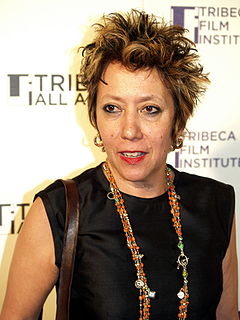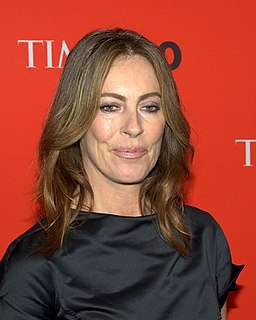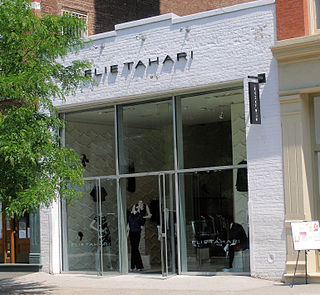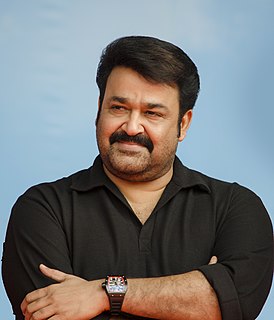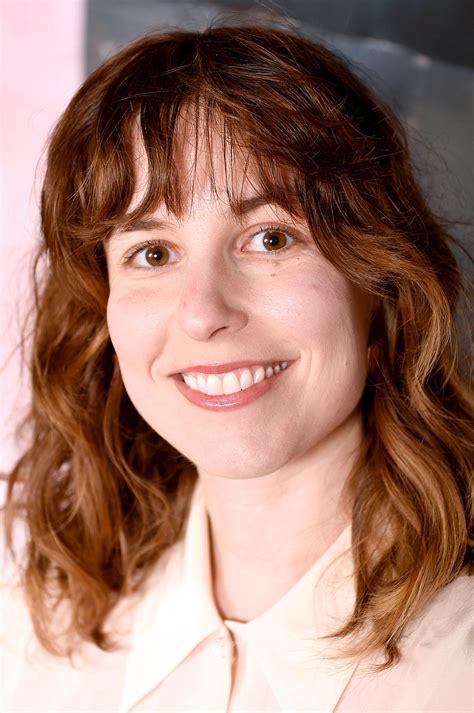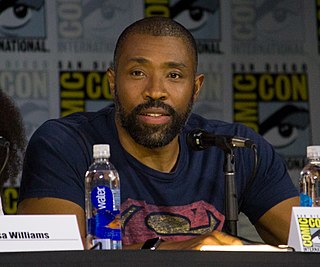A Quote by Ava DuVernay
All these women had directed movies that I loved on the film festival circuit, but couldn't get a job making television. That's how locked down TV is.
Related Quotes
The film festival is in a town in Arkansas, a quintessentially American town with a little town square. It's to champion women and diversity in all media, so TV, movies, eventually, digital, whatever you get into. That's the goal. We're using the same philosophy as my institute, which is to make it research-based and really try to work directly with filmmakers and content creators and move the needle. It's the only film festival in the world where the prizes are guaranteed distribution.
If you get to bring a little movie on the festival circuit, it's a nice experience because you get to see it with an audience. People who go to festivals to watch films are usually a little more eager to enjoy them. It's exciting because it's like you're going to the film's opening night at every festival.
If there's specific resistance to women making movies, I just choose to ignore that as an obstacle for two reasons: I can't change my gender, and I refuse to stop making movies. It's irrelevant who or what directed a movie, the important thing is that you either respond to it or you don't. There should be more women directing; I think there's just not the awareness that it's really possible. It is.
The first thing I say when people ask what's the difference [between doing TV and film], is that film has an ending and TV doesn't. When I write a film, all I think about is where the thing ends and how to get the audience there. And in television, it can't end. You need the audience to return the next week. It kind of shifts the drive of the story. But I find that more as a writer than as a director.
I had no money. I had no savings account.So I would bring down my color TV set, a Sears TV with a cable snaked into it - they had no video-in back in those days - and hooked it up to the circuit of very few chips and then a little keyboard you could type on. And I was trying to impress people with how did he do it with fewer chips than anyone could ever imagine?
Priyadarshan has directed over 84 films and more than 150 ad films. With every film, he is growing. He knows his job well; he is thorough. His way of making a film and song or choreographing a scene is entirely different from other directors. He knows how to use an actor's talent and how to handle an actor.
I was making commercials. That's how I learned the craft. That was the marketing part of it: directing commercial for TV. It wasn't the most common thing to become a filmmaker in Greece. I started by saying I was interested in marketing and have a proper job in advertising and commercials. Basically, I studied film to learn how to do marketing, and commercials. As I studied film I learned I'd be interested in making films instead of commercials.
My first job was television. I got to where I wanted to go, but through a little bit of a detour. When I first started working in film and television, I hated myself - I didn't like what I was doing at all. All I could think of was, 'I'm overacting. Be smaller.' I started to do that, but that was not fun. I felt confined doing film and TV.


